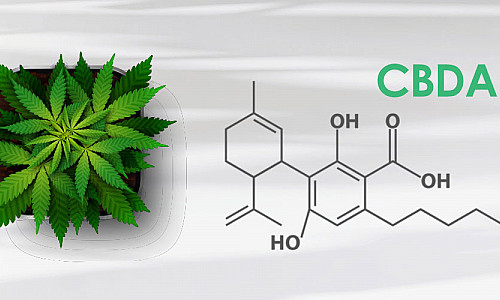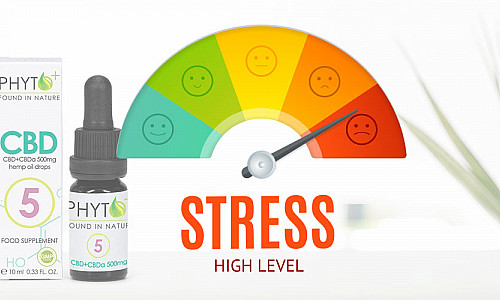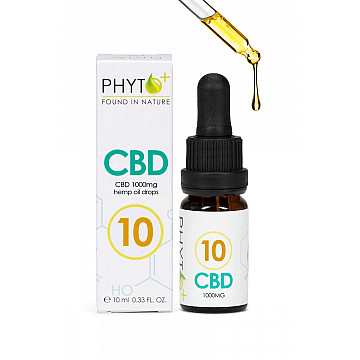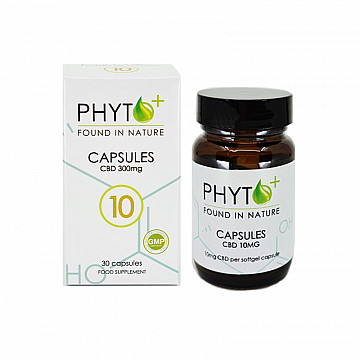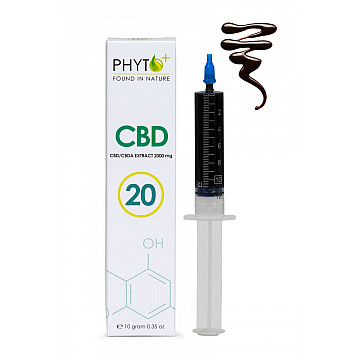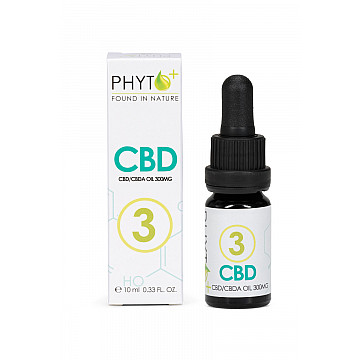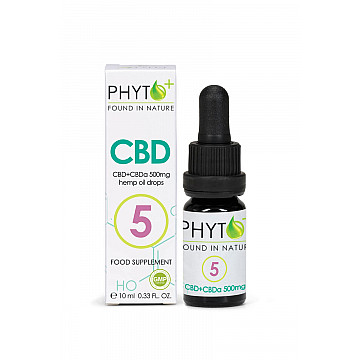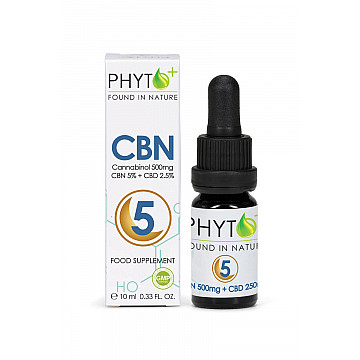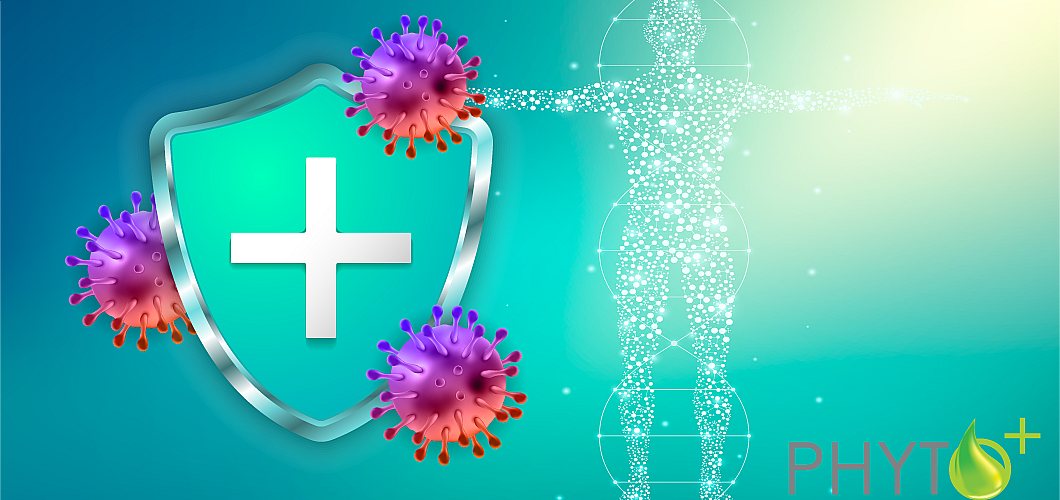
Let's clarify what CBD (oil) means for those who use this beneficial natural product and who can benefit from it. CBD is a chemical compound in the versatile hemp plant known as Cannabis Sativa L. It is one of the most abundant compounds, along with CBG and CBN, and over a hundred other phyto- (plant) cannabinoids.
What are Cannabinoids?
Cannabinoids are natural chemicals known for their potential medical and wellness benefits. Research has shown that, in some cases, CBD can treat illnesses for which other treatments have proven ineffective. It is important to know that CBD, unlike THC, has no psychoactive effect and therefore does not cause a 'high' feeling.
What is the Immune System?
The immune system is your body's defense mechanism against disease and other harmful threats. When it functions correctly, it recognizes and fights invaders, such as bacteria, viruses, and parasites, by distinguishing them from the healthy tissue of the body.
Lymphocytes, or B cells and T cells, are the weapons (or soldiers) of the immune system. They fight against antigens* and help the body remember them so that the immune system can react quickly and efficiently next time.
* Antigens are protein particles attached to the outside of your cells.
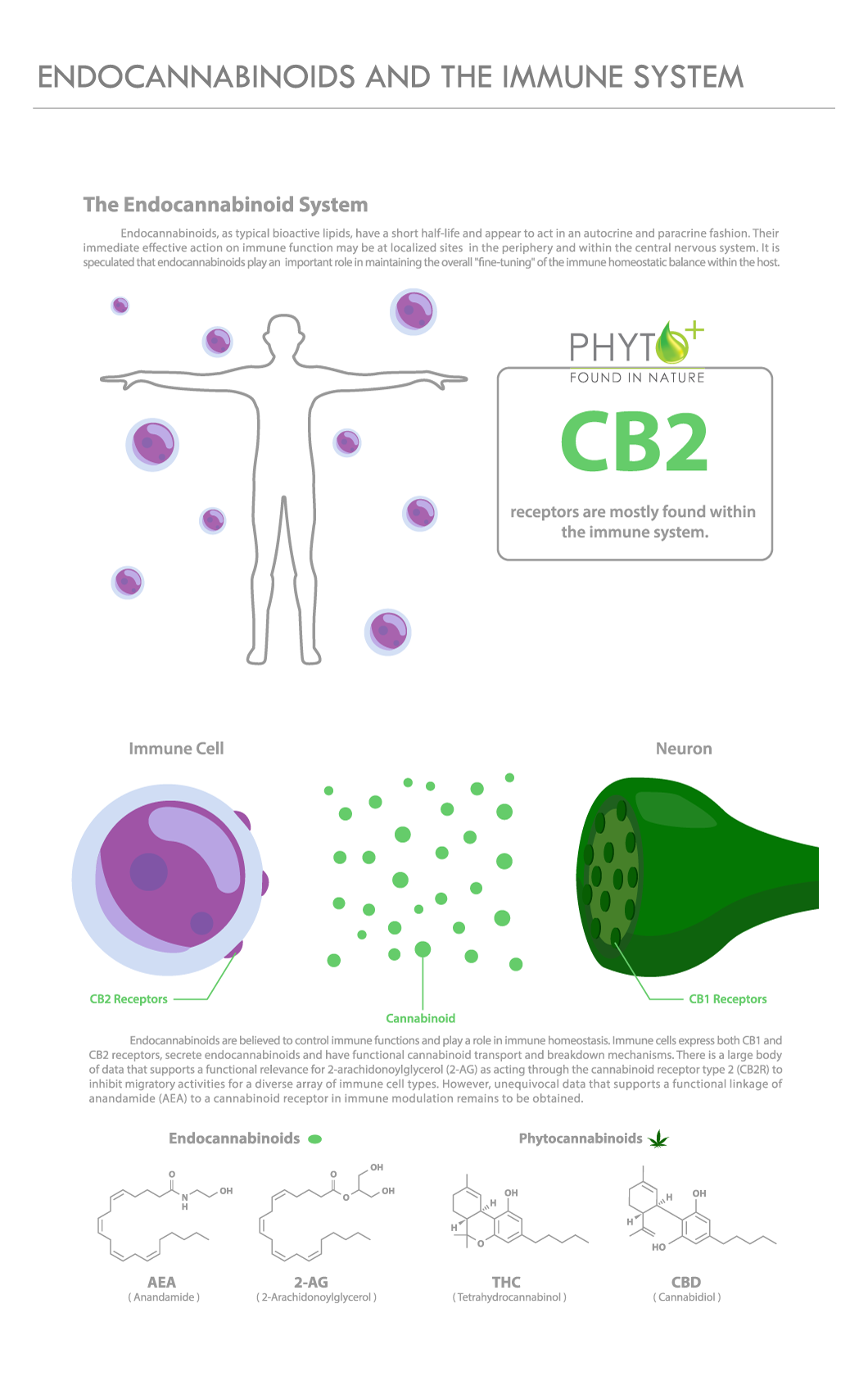
What is the Endocannabinoid System?
The endocannabinoid system (ECS for short) was only discovered in the 1990s, but we already know that it plays a crucial role in many bodily processes, including brain signals. Receptors (receivers) of endocannabinoids are present in the central nervous system and human immune system.
Interactions between endocannabinoids and receptors are thought to affect your emotions, mood, appetite, pain perception, memory, and other critical physiological and cognitive processes. Phytocannabinoids, such as CBD and THC, work with this system similarly to endocannabinoids.
You might be interested in: What is Full spectrum CBD oil?
What is the effect of CBD on our immune system?
According to research by James M. Nichols and Barbara L.F. Kaplan, it seems the evidence overwhelmingly shows that CBD has an anti-inflammatory and immune-suppressing effect. CBD oil can help reduce the immune system's inflammatory response and promote apoptosis (cell death). However, the potential effect of CBD as an immunosuppressant remains to be elucidated, as exposure to CBD may also suppress the functions of essential components of the immune system, such as cytokines, chemokines, and T cells.
What are Cytokines?
Cytokines are a protein that acts as a messenger in the immune system. They are essential in regulating the immune system and promoting cell growth and differentiation. Cytokines are produced by various cells, including lymphocytes, monocytes, and macrophages, and help coordinate the immune system during inflammatory and immune responses. They also help regulate blood cell growth and immune system memory. Some cytokines may also promote cell growth and division and play a role in reducing inflammation.
What are T Cells?
T cells, also called T lymphocytes, are a type of white blood cell that play a critical role in the immune system. They are produced in the bone marrow and mature in the thymus gland, which is why they are also called helper T cells. T cells help identify and fight foreign substances, such as viruses and bacteria, and cancer cells. They work by binding to specific antibodies on the invader's surface and attacking and destroying the invader. T cells are important for maintaining the immune system's memory, allowing them to respond quickly and efficiently to repeated infections.
What are Chemokines?
Chemokines are small signaling chemicals produced by certain cells in the body that help coordinate and regulate the immune system. They serve as chemotactic signals and attract other immune cells to the site of infection or inflammation. Chemokines play a critical role in promoting inflammation, activating the immune system and driving immune responses.
Chemokines can also influence the growth pattern of cells and contribute to cell differentiation. They are produced by several types of cells, including macrophages, dendritic cells, fibroblasts, and some tumor cells. There are many different chemokines, each with a specific function and purpose in the immune system.
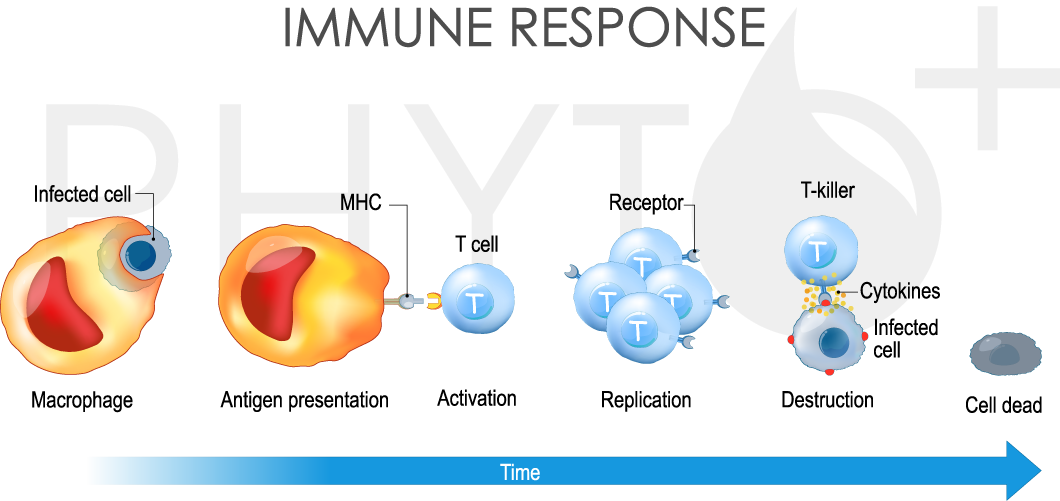
What is an Autoimmune Disease?
The activity of the immune system can be abnormally low or too high due to immune system disorders. With an overactive immune system, the body's own tissues will be attacked, leading to autoimmune diseases. An underactive immune system leaves the body vulnerable to infections and impairs its ability to fight off invaders.
The immune system, in response to an unknown trigger, may begin to produce antibodies that, instead of targeting infection, target the body's own tissues. In the treatment of autoimmune diseases, it is crucial to reduce the activity of the immune system.
The best known autoimmune diseases are:
- Rheumatism (rheumatoid arthritis)
- Multiple Sclerosis (MS)
- Psoriasis
- Crohn's disease
- Graves' disease (thyroid disorder)
Common autoimmune disease symptoms include:
- Fatigue
- Joint pain and swelling
- Skin problems
- Abdominal pain from digestive problems
- Recurring fever
- Swollen glands
Using immunosuppressants as treatment
Immunosuppressants, including CBD, may be considered a treatment for autoimmune disorders. Autoimmune diseases occur when the immune system attacks itself and damages healthy body cells, tissues, and organs. CBD oil, as an anti-inflammatory agent, can help manage inflammation which plays a critical role in autoimmune diseases. In addition, the immunosuppressive effect of CBD can help regulate and limit the immune system from attacking itself.
Do you have a Question?
Do you want to start with CBD oil, but do you need some more information? Send a message to our CBD support team. The team will be happy to assist you.


